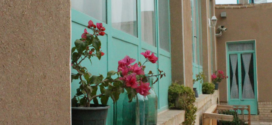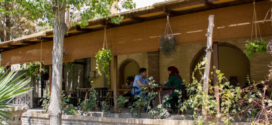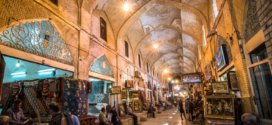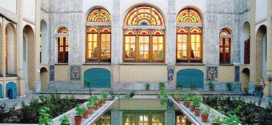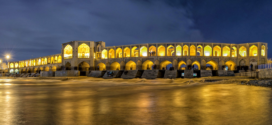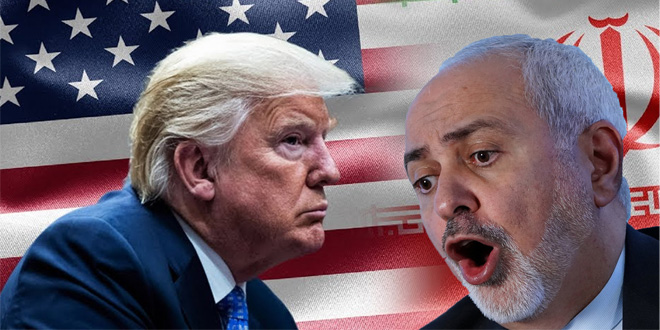
We begin tonight’s edition of A Window to the Fatherland with Dr. Alireza Nourizadeh reading one of his poems from the book of his collected works.
Dr. Alireza Nourizadeh:
Today we will be speaking to one of our colleagues in the world of journalism whose love for Iran is demonstrated in every word of his writings and just like every other Iranian is concerned what will happen to our motherland as it faces so many internal and external threats.
He is Hamid Atefi, the Tehran-based journalist and commentator and we are pleased to have him with us as our special guest tonight.
Hamid has in the past said that Iran should negotiate with the US and it would beinteresting to know what he thinks of the Trump administration’s policy towards Iran now.
Hamid Atefi:
Since Iran’s nuclear program turned into an international crisis our country has faced many severe and paralyzing sanctions. At one point this led the Iranian regime to conclude that it was necessary to enter negotiations with the world powers, although they called it a “heroic flexibility”.
My view is that unless we solve our problem of coming to terms with the US strategic policy towards the Middle East in relation to our own country’s cultural and historic influence in the region, we will still have this tension between the two countries.
The problem is that we have a regime in Iran that has its own religious and ideological priorities that include its slogan of destruction of Israel andsupport for Shia movements which have thrown Iran into the Middle East’s wider historical tensions and disputes for the last 40 years.
I believe the speech of the supreme leader of the regime during the Nowruz should be regarded as his will when he said that we have now reached the borders of Israel and have expanded our sphere of influence and must not retreat now from this position.
I think even the nuclear deal with the international community would not haveconvinced the Iranian rulers that they should end their role in Syria and Iraq.
With the arrival of Trump however, the picture has changed as the US feels that its hegemony across the world has become fragile and as such it has drawn up a new strategy for its foreign policy and the Middle East is a major playground for this.
All in all we have on several occasions lost the opportunity to break this taboo of establishing a working relationship with the US and the best policy for Iran would have been to continue talking with Washington after the nuclear deal for another two to three years to achieve this.
The problem with the Iran of today is that our rulers do not have any new clear, workable and realistic discourse to replace their current ideologically based policies.
 khalijefars News, Blogs, Art and Community
khalijefars News, Blogs, Art and Community
